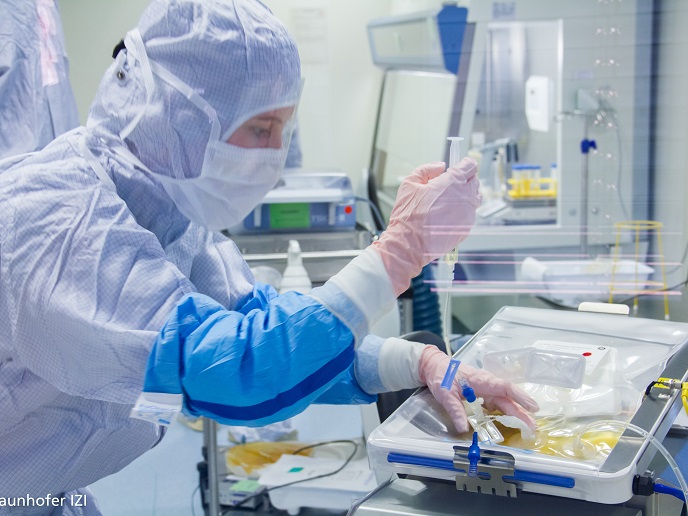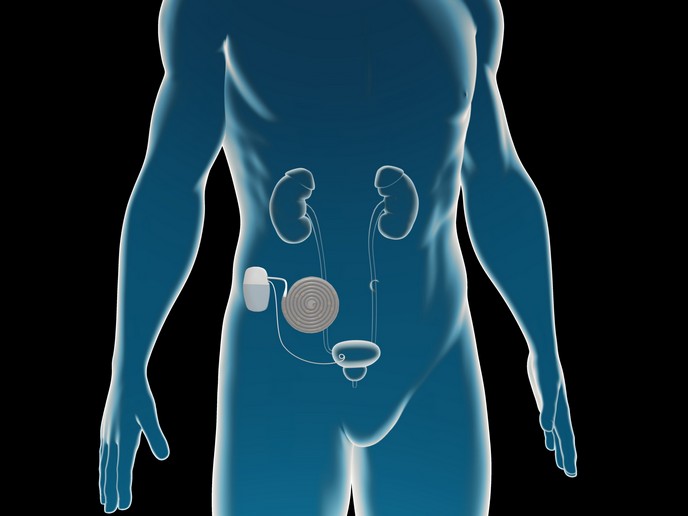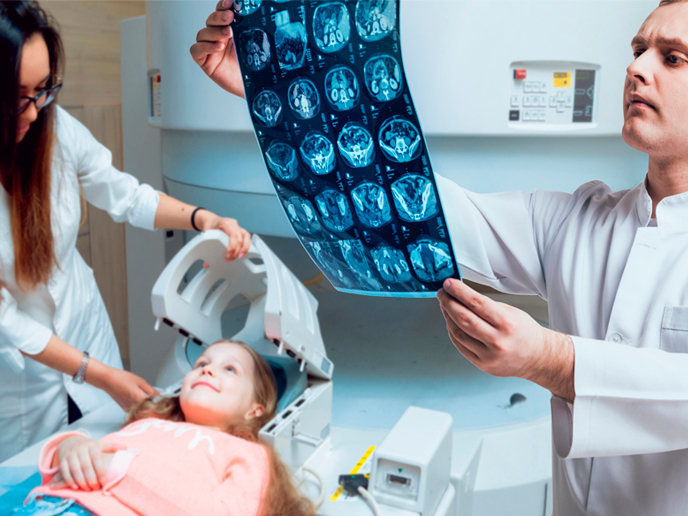‘Off-the-shelf’ natural killer cells for cancer therapy
Natural killer (NK) cells are part of the innate immune system and have the ability to kill cancer and virus-infected cells. Several anticancer immunotherapies based on NK cells have been developed because of their ability to recognise altered expression of cell surface molecules. NK cells detect and eliminate cells that lack the expression of major histocompatibility complex class molecules, which are present on normal cells but downregulated or absent from cancer cells as part of their immune evasion strategy. They can also recognise cell surface molecules upregulated on cancer cells such as stress-induced ligands. Moreover, they can release cytokines to enhance anticancer immune responses, as well as bind to antibody-coated cancer cells and kill them through the release of cytotoxic granules.
An ideal NK cell therapy product
The MATURE-NK(opens in new window) project wished to explore the promising properties of NK cells and advance the processes by which anti-tumour reactivity can be strengthened and cells produced for clinical applications. The research was undertaken with the support of the Marie Skłodowska-Curie Actions(opens in new window) programme and involved the investigation of basic and translational aspects of NK cell biology. As the project coordinator Ulrike Köhl and the scientific manager Erhard Hofer explain: “NK cells can be amplified ex vivo from donor blood or generated from haematopoietic stem cells or induced pluripotent stem cells (iPSCs), engineered and infused into patients to assist in cancer rejection.” As this is a tailored yet laborious process, an ‘off-the-shelf’ strategy of stored frozen cells for immediate clinical application would offer obvious advantages. To facilitate NK cell-mediated immunotherapy, the consortium invested in improving the phenotypic and genotypic selection of donors and identifying improved tumour reactive NK cell subsets.
Enhancing NK cell cytotoxicity
“We worked towards fortifying NK cell reactivity and enhancing the response in cancer therapy,” emphasises Hofer. To achieve this, the consortium combined NK cells with modifying reagents that can cross link the NK cells to specific cancer cells without harming normal cells. At the same time, they activate NK cells and assist them in finding their target. Moreover, researchers explored the genetic engineering of NK cells with chimeric antigen receptors (CAR) on their surface, similar to that achieved with CAR-T cells(opens in new window). Collectively, the different types of cell therapies were evaluated in murine models including newly developed models with a human immune system and generated promising results. Although the primary goal of MATURE-NK was to develop novel cell therapies for leukaemia, researchers also investigated modifications to overcome the immunosuppressive microenvironment of solid tumours to provide the basis for alternative therapies to cancers refractory to conventional treatments.
The future of NK cell therapy
A major achievement in terms of ensuring further financing of the development of NK cell-based cancer therapies was the establishment of the Excellence Research Cluster SaxoCell(opens in new window) in Leipzig, Germany, based on the work and results obtained in the MATURE-NK project. Further EC funding is expected to advance NK cell-based therapies and allow clinical testing. With a view to the future, Hofer anticipates: “NK cells amplified from individual donors and from cord blood stem cells including combination therapies with some of the fortifying reagents will become part of routine clinical treatments in leukaemia within 5 years and ‘off-the-shelf’ NK cells from iPSCs as well as solid cancer therapies within 10 to 15 years.”







